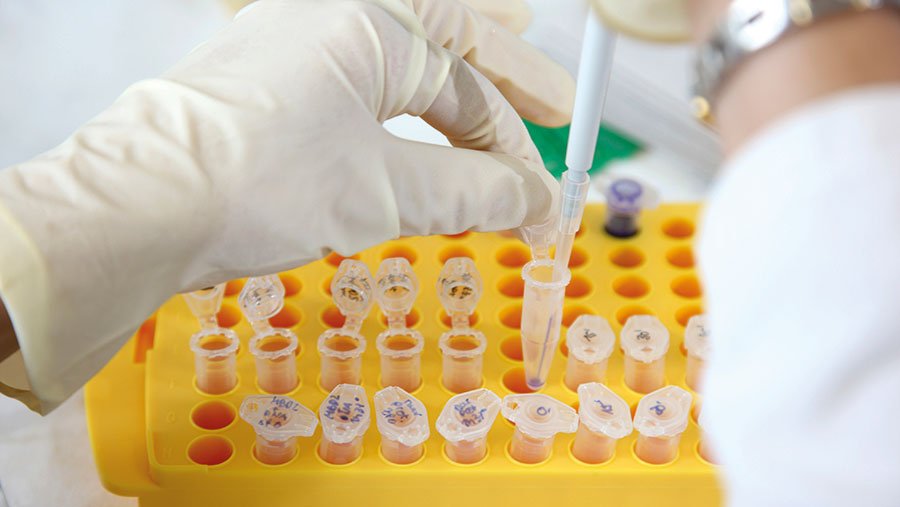Petition launched to change EU’s stance on gene editing
 © Jochen Tack/imageBROKER/Rex/Shutterstock
© Jochen Tack/imageBROKER/Rex/Shutterstock A petition has been launched urging Brussels to address outdated legislation on plant breeding, to enable Europe to benefit from new techniques such as gene editing.
Grow Scientific Progress (GSP) is a group of master’s-level students from eight EU countries who want the EU to distinguish between new plant-breeding techniques (NPBTs) and genetic modification.
The European Court of Justice ruled last summer (2018) that gene editing should be subject to the same regulatory framework as genetic modification.
See also: The future of food production: 3D printing and gene-editing
But the GSP group argues this position results in an implicit ban of new plant breeding techniques and any risk assessments should be based on the product, not the technique used to produce it.
“These new techniques are valuable tools for breeding more resilient crops, with less resources and in less time: a much-needed advancement in times of climate change and prospected food insecurity – and thus something we simply cannot afford to miss out on,” says the group.
Clear distinction
The GSP petition, which can be found on the European Citizen’s Initiative website and is open for UK citizens to sign, proposes the EU draws a clear distinction between NPBTs and conventional GM products.
Traditional GMOs are living organisms whose genetic material has been artificially modified in a way that could not have occurred through natural breeding with the same or a similar species.
Targeted-method NPBTs are methods developed in the past decade that are used to breed new plant varieties by carefully changing the genetic material of seeds or plant cells in a targeted way, instead of relying – as is the case in traditional plant breeding – on random mutations.
Scientists argue that gene editing is faster and more accurate, but results in an end product identical and indistinguishable from those developed by conventional breeding.
European Commission
Grow Scientific Progress is seeking 1m signatures to its petition, which, under the terms of the European Citizens’ Initiative, would force the EU Commission to at least consider its proposal.
In a speech made in June 2019, the European health and food safety commissioner, Vytenis Andriukaitis, said he personally regretted that such techniques were not being used to their full potential.
Europe’s stance on GM crops and gene editing was also put in the spotlight during Boris Johnson’s first speech as prime minister, when he pledged a shake-up post Brexit.
“Let’s liberate the UK’s extraordinary bioscience sector from anti-GM rules. Let’s develop the blight-resistant crops that will feed the world,” he said.
A change of approach in Brussels would make it easier for the UK to change its rules post Brexit without meeting trade restrictions imposed by the EU.
Survey results
A survey commissioned by the European Food Safety Authority, involving 27,655 people across 28 member states, does point to European consumers being less concerned about GMs than they used to be.
The survey results, first published in June, show that the misuse of antibiotics, hormones and steroids in farm animals is now a greater concern that GM technology.
Only 27% of respondents were concerned about the genetically modified ingredients in food and drinks, compared with about 66% when the survey was last carried out in 2010.

